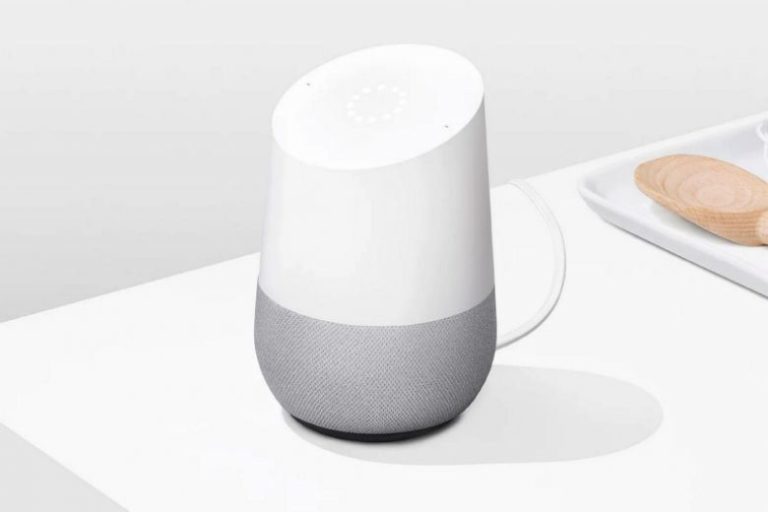More than 1 billion devices worldwide use the Google Assistant, the smart assistant of Google. This assistant works on smartphones, televisions, smartwatches and smart speakers. Almost every smart device now has support for smart assistants from Google, Apple or Amazon. In the Netherlands we use Google en masse and that means that many Dutch households will become a Google Home.
The popularity of the Google Assistant can be explained by the language. The Google Assistant also learned to speak Dutch in 2018 and that was the start of a very fast development and embrace by the public. According to Google, no other country saw as much use as in the Netherlands five months after the launch. This gave Google a big advantage over Amazon and the English speaking assistant Alexa.
Amazon is very large in the world of smart homes, especially in the English-speaking countries, and has been working for years to take a central role in the smart homes. However, Google is catching up. While Amazon announced at CES 2019 that Alexa was running on 100 million devices worldwide, Google announced that a billion devices now have the Assistant. That is ten times as many, whereas the number in May 2018 was still 500 million.
In just a few months, that number of Google-enabled devices has doubled. According to Google, its use has even quadrupled in the last twelve months. This shows how fast the developments are going. The Assistant is now available in thirty languages in eighty countries and during the announcements on CES it became clear that the Assistant himself is still far from exhausted. For example, there will soon be an interpreting function to translate a conversation almost live into 27 languages. The Assistant also gets a place in Google Maps, so that every iPhone can use this smart assistant.
The recently announced Google Assistant Connect will make it easier for third parties to integrate the Google Assistant into their own devices. Even more smart devices will get the Assistant’s smart features, such as a announced smart alarm clock from Lenovo or the smart speakers from Sonos. For example, more and more devices are being connected to Google’s platform, so smart homes are to a large extent controlled by this smart home platform.
They very cleverly put a Google Home Mini on the market for a low price as a control for the smart home platform. This smart speaker is for many Dutch people an entry level model and people buy it to try it out. When the next major purchase of a smart home device is made, they will think about linking the new device to Google. Google will thus become the basis, the starting point for building and expanding smart homes in many Dutch households.
The big question now is whether Google is going to hand over this lead in the Netherlands. With the constant stream of new products and possibilities, they have gold in their hands. Not only because of the software, but also because of the hardware. Google makes the smart speakers, such as the Google Home, but they also own Nest. This business unit is very strong in making smart thermostats, video doorbells, cameras and smoke detectors because they are easy to use and of good quality.
The combination of user-friendly software, good own smart home devices and the immense amount of supporting devices from other suppliers makes it impossible to imagine smart homes without Google. That’s why we dare to say: your smart home will also become a Google Home.
This news article was automatically translated from Dutch to give Techzine.eu a head start. All news articles after September 1, 2019 are written in native English and NOT translated. All our background stories are written in native English as well. For more information read our launch article.